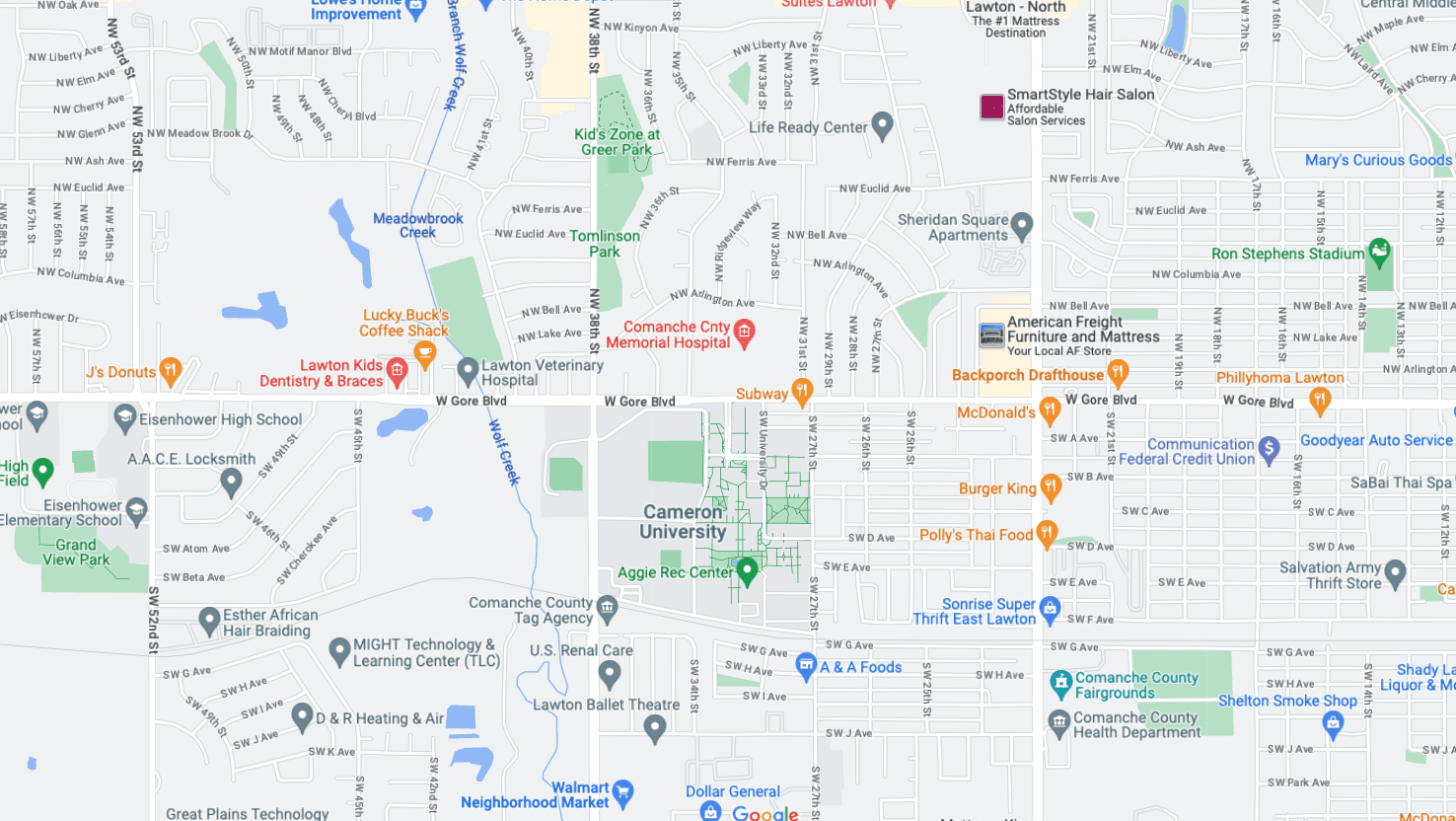Causes & Effects

Excessive Daytime Sleepiness
Sleep deprivation is a condition that can be either acute or chronic and caused by a lack of sufficient sleep. Sleep deprivation will inevitably lead to a condition called excessive daytime sleepiness (EDS). EDS affects approximately 20% of the population and its contributing factors are insufficient sleep, sleep disorders and insomnia.

Conditions of Sleep Deprivation
Excessive daytime sleepiness’s major contributing factor are sleep disorders, which include Obstructive Sleep Apnea (OSA), Periodic Limb Movements (PLM’s) and other parasomnias that occur during sleep. EDS caused by these types of disorders require the person come into a sleep disorders center in order to have formal diagnosis performed so that proper treatment can then be instituted in order to correct these problems. Most of these conditions can be easily treated with either medications or, in some instances, such as obstructive sleep apnea, with therapy known as CPAP (continuous positive airway pressure). It is estimated that over 45,000 people a year die prematurely from obstructive sleep apnea. OSA eventually leads to hypertension, which then leads to congestive heart failure, heart attack or stroke.
How does EDS affect us?
EDS affects humans by slowing the process of the brain to responses, decreased reaction time, reduced accuracy of short-term memory and moodiness. This leads to human error and dramatically increases the risk of accidents. It is estimated over 40% of all fatal car accidents are caused by EDS. Some major accidents that have occurred in past history caused by EDS include: Three Mile Island, Chernobyl and Exxon Valdez.
What causes EDS?
EDS, as caused by insufficient sleep, is a relatively easy condition to fix. Studies have shown a good proper night’s sleep usually will take care of all the problems that come from excessive daytime sleepiness. EDS caused from poor sleep hygiene requires the person to be vigilant in correcting the situations causing the poor sleep hygiene and to try to turn those around so they can have proper sleep.
Does EDS increase the amount of injuries?
In a recent study that has been performed, employees with EDS had almost double the amount of injuries incurred over a two year period. The percentage was increased even higher when the employees worked in a high noise level environment with an increase of over 50%. EDS is also known to affect people’s mood, making the person much moodier when they are overtired.
Effects of Excessive Daytime Sleepiness
Blood Pressure
OSA can greatly increase blood pressure during an apnea.
Alertness
OSA can cause a decrease in alertness due to fragmented sleep and poor sleep quality.
O2 Sats
OSA will cause oxygen saturations to drop after an apneic event.
Mood
OSA can greatly effect mood by disrupting REM stage and from fatigue.
Weight
OSA can cause a gradual increase in weight due to slowed metabolism and decrease in activity.
Pulse
OSA can cause bradycardia during an apnea and then tachycardia after the event.
Headache
OSA can cause an increase in early morning headaches due to a buildup of CO2.

Contact Us
Phone
Address
Lawton, Oklahoma 73505



